Complex Systems
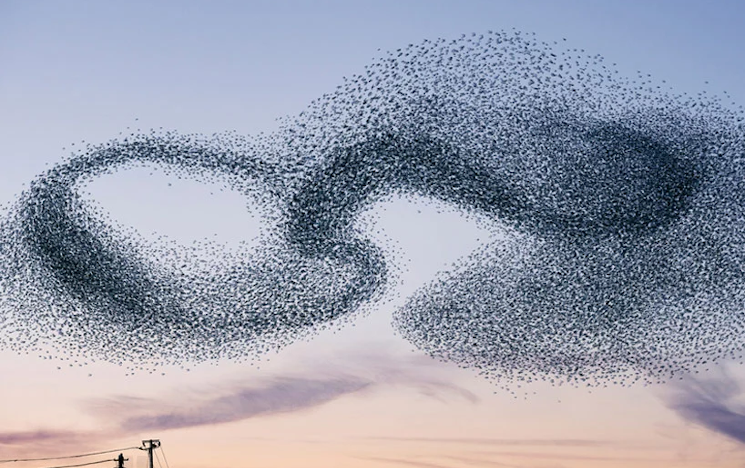
Complex systems research makes it possible to unify the study of structure and behaviour in natural, technological and social systems.” Luc Berthouze
Professor of Complex Systems
How does cognition or motor coordination emerge from simple units such as individual neurons? How does information or disease spread across networks, and how can we control it? What role does network structure play in dynamics and function? In the AI research group we investigate these fundamental questions using a wide range of mathematical and computational approaches as well as real-world data sets. This includes using information theoretical methods to discover causal relationships in brain networks from neural imaging data, developing new statistical approaches to characterise musculo-skeletal and neurophysiological interactions during movement in health and disease, using mean-field models on structured networks to model and predict the spread of epidemics in realistic settings, or employing a network modeling paradigm to help monitor and manage large-scale communication networks.
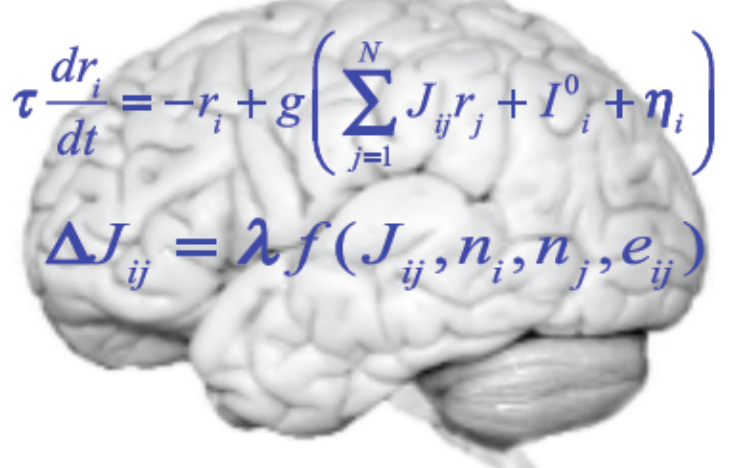
Information Theory
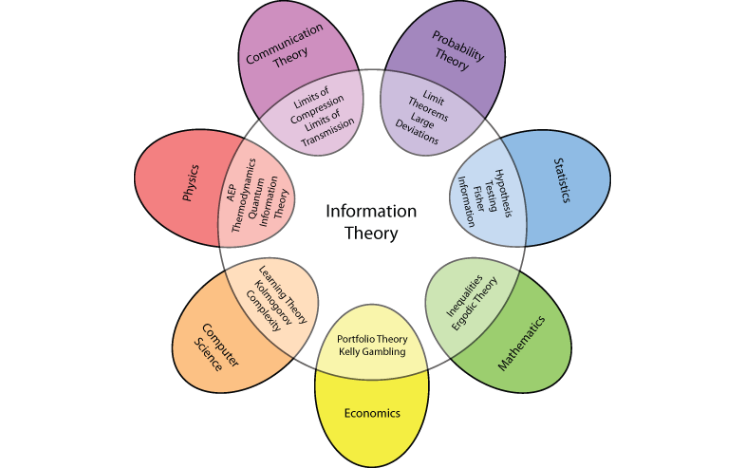
Mathematical Modelling
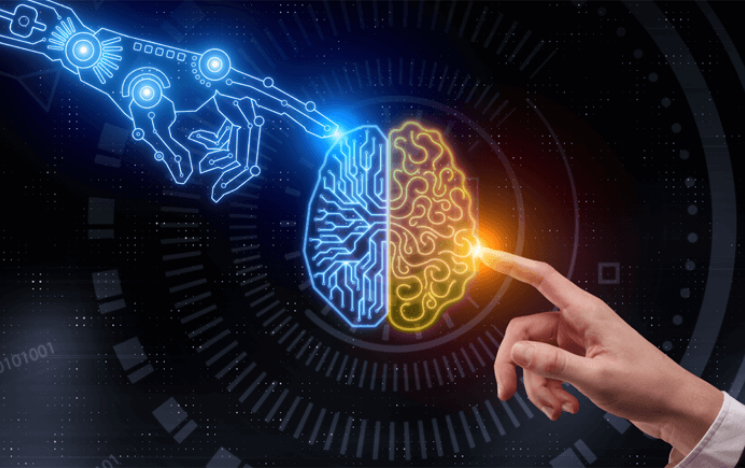
Network Science
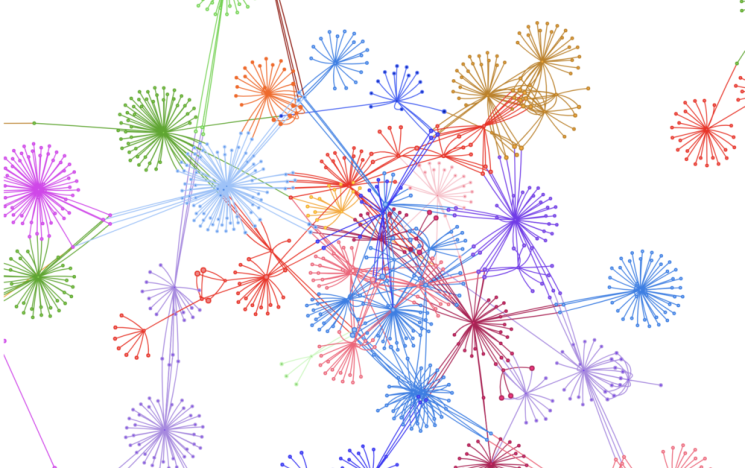
Focus on: Dr Adam Barrett
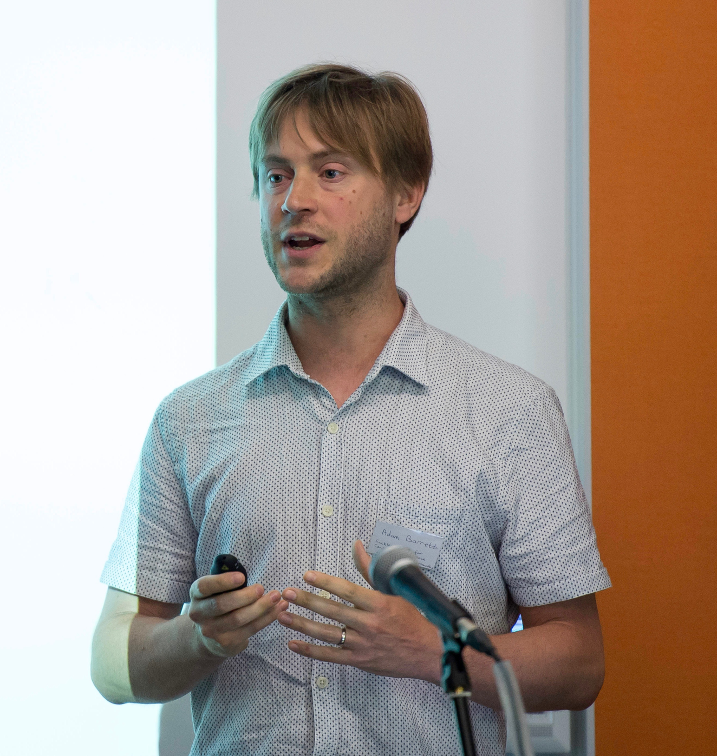
I am a mathematician who got into researching complexity and complex systems by my fascination with the question of, fundamentally, what is it that is special about brain activity associated with conscious awareness. Consciousness is not well related to intensity of neural activity, density of connections between neurons, or number of active neurons. Instead, the amount of complexity seems to be key. There is no single definition of complexity but one approach to characterising it involves measuring the extent to which a whole system contains more information than the sum of its parts.
My research on this then involves modelling and measuring the generation, flow and integration of information, in theory, as well as in practice on brain imaging data such as EEG and MEG. This involves going beyond classic information theory (e.g., to integrated information theory, Lempel-Ziv complexity, and partial information decomposition) and integrating new theory with established time series methods. We also work on modelling and measuring emergence, and understanding its relation to complexity (perhaps a mathematical characterisation of emergence can shed new light on consciousness).
As a complexity scientist, I am also interested in macroeconomics, and am intrigued by the co-existence of micro and macro level explanations of economic crises. In another project, we apply complexity science to seek insight into how to build a more stable, equitable and ecologically sustainable economy.